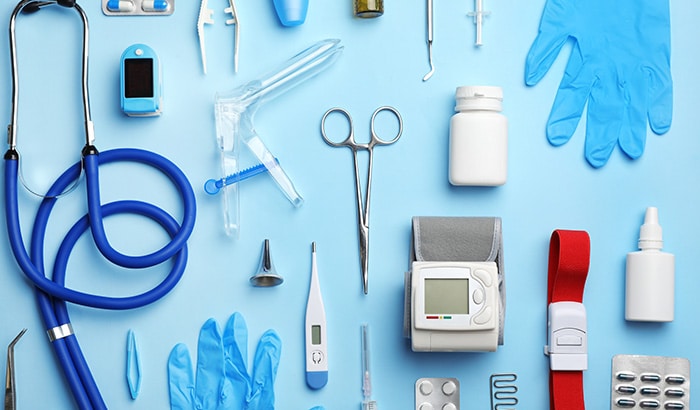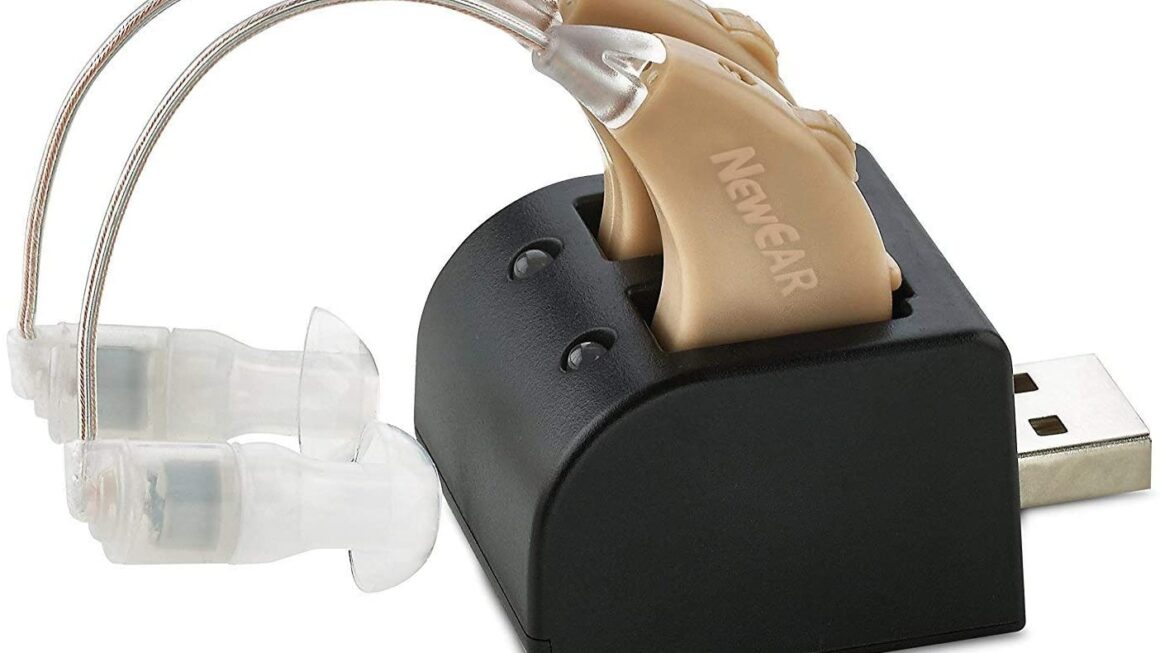Welcome to our blog post on the fascinating world of preventative dentistry! In this article, we will explore what preventative dentistry is all about, why regular dental check-ups are crucial for maintaining good oral health, and daily habits that can help you keep your teeth in tip-top shape. We will also dive into how diet plays a role in dental health and discuss some common preventative dental procedures that can help keep your smile bright and healthy. So grab your toothbrush and let’s delve into the wonderful world of preventative dentistry together!
What is Preventative Dentistry?
What exactly is preventative dentistry? Well, it’s a proactive approach to oral health that focuses on preventing dental issues before they become major problems. Rather than waiting for cavities or gum disease to develop, preventative dentistry aims to stop these issues from occurring in the first place.
Preventative dentistry encompasses a range of practices and habits that promote good oral hygiene and overall dental health. This includes regular brushing and flossing, as well as maintaining a healthy diet. It also involves visiting your dentist regularly for check-ups and cleanings.
By practicing preventative dentistry, you can catch potential problems early on and address them before they escalate into more serious conditions. This not only saves you from unnecessary pain and discomfort but also helps save money by avoiding costly dental procedures down the road.
In addition to daily care at home, your dentist plays a crucial role in preventative dentistry by conducting thorough examinations of your teeth, gums, and mouth during check-ups. They may also perform professional cleanings to remove plaque buildup that cannot be removed through regular brushing alone.
Preventative dentistry empowers you to take control of your oral health by adopting healthy habits and seeking professional guidance when needed. By being proactive rather than reactive when it comes to dental care, you can enjoy a lifetime of strong teeth and beautiful smiles!
The Importance of Regular Dental Check-ups
Regular dental check-ups are a crucial part of maintaining good oral health. Many people only visit the dentist when they experience pain or discomfort, but waiting until a problem arises can lead to more extensive and costly treatments down the road.
During a dental check-up, your dentist will thoroughly examine your teeth and gums to identify any signs of potential issues such as tooth decay, gum disease, or oral cancer. They may also take X-rays to get a better look at what’s happening beneath the surface.
In addition to detecting problems early on, regular check-ups allow your dentist to clean your teeth professionally. Even with diligent brushing and flossing at home, it’s difficult to remove all plaque and tartar buildup. Professional cleanings help prevent cavities and gum disease by removing these harmful substances.
Furthermore, regular dental visits give you an opportunity to discuss any concerns or questions you may have about your oral health. Your dentist can provide personalized advice on proper brushing techniques, recommend specific products tailored to your needs, and offer guidance on maintaining good oral hygiene habits.
Remember that prevention is always better than cure when it comes to dental care. By scheduling regular check-ups with your dentist every six months (or as recommended), you can catch potential issues early on before they become major problems. Taking this proactive approach will not only save you money in the long run but also contribute greatly to keeping your smile healthy and bright!
Daily Habits for Maintaining Good Oral Health
Taking care of your oral health is not something that should be overlooked. By adopting simple daily habits, you can ensure that your teeth and gums remain healthy and strong.
First and foremost, brushing your teeth at least twice a day is crucial for maintaining good oral hygiene. Use a soft-bristled toothbrush and fluoride toothpaste to effectively remove plaque and prevent cavities. Remember to brush all surfaces of your teeth, including the back ones!
In addition to regular brushing, don’t forget about flossing. Flossing helps remove food particles stuck between your teeth that brushing alone may miss. Take a piece of dental floss or use interdental brushes to clean those hard-to-reach areas.
Another important habit is using mouthwash after brushing and flossing. Mouthwash helps kill bacteria in your mouth, freshens breath, and reduces the risk of gum disease.
Maintaining a healthy diet also plays a vital role in oral health. Limit sugary snacks and beverages as they contribute to tooth decay. Instead, opt for nutritious foods like fruits, vegetables, dairy products, lean proteins, and whole grains.
Don’t forget to schedule regular visits with your dentist! Professional cleanings help remove stubborn tartar build-up while allowing dentists to detect any potential issues early on.
By incorporating these daily habits into your routine along with professional dental care from experts in preventative dentistry techniques such as check-ups or cleanings could ultimately lead you towards optimal oral health!
How Diet Affects Your Teeth
The food we eat has a direct impact on our oral health. It’s not just about avoiding sugary snacks and drinks, although that is certainly important. A well-balanced diet plays a crucial role in preventing dental issues and maintaining healthy teeth.
Let’s talk about sugar. We all know that excessive sugar consumption can lead to tooth decay. When you consume sugary foods or beverages, the bacteria in your mouth feed on the sugars and produce acids that attack your tooth enamel. Over time, this can cause cavities and other dental problems.
But it’s not just sugar alone that poses a threat to your teeth. Acidic foods and drinks like citrus fruits, tomatoes, soft drinks, and even some sports drinks can also erode the enamel over time if consumed frequently or in large quantities.
On the flip side, certain foods are beneficial for your oral health. Calcium-rich foods like milk, cheese, yogurt, and leafy greens help strengthen teeth and bones. Crunchy fruits and vegetables like apples and carrots stimulate saliva production which helps wash away food particles from your teeth while providing essential vitamins.
Staying hydrated is vital for overall oral health as well as general wellbeing. Water helps rinse away food debris between meals when brushing may not be possible immediately.
Incorporating a balanced diet with limited sugary snacks into your daily routine is key to maintaining good oral hygiene alongside regular dental check-ups! So remember – what you eat matters for both your physical health AND your pearly whites!
Common Preventative Dental Procedures
Regular dental check-ups and good oral hygiene habits are essential for maintaining optimal oral health. However, there may be instances when additional preventative dental procedures are necessary to ensure a healthy smile. Here are some common preventative dental procedures that your dentist may recommend:
1. Dental cleanings: Professional cleanings performed by a dental hygienist help remove plaque and tartar buildup that cannot be addressed through regular brushing and flossing alone.
2. Dental sealants: These thin protective coatings are applied to the chewing surfaces of molars to prevent the development of cavities in hard-to-reach areas.
3. Fluoride treatments: Fluoride is a mineral that strengthens tooth enamel, making it more resistant to decay. Dentists often apply fluoride varnish or provide fluoride supplements as part of preventive care.
4. X-rays: Regular x-rays allow dentists to detect issues such as cavities between teeth, impacted wisdom teeth, and bone loss before they become more serious problems.
5. Oral cancer screenings: Your dentist will perform an examination looking for signs of oral cancer during routine check-ups, which can aid in early detection and treatment.
6. Custom mouthguards: If you participate in sports activities or suffer from bruxism (teeth grinding), your dentist may recommend wearing a custom-fitted mouthguard to protect your teeth from damage.
7. Bite adjustment therapy: This procedure involves reshaping certain parts of the teeth or using orthodontic appliances like braces or Invisalign aligners to correct bite misalignment issues that can lead to excessive tooth wear or temporomandibular joint disorders (TMJ).
By undergoing these preventative dental procedures as recommended by your dentist, you can significantly reduce the risk of developing serious oral health issues down the line!
Remember – prevention is key when it comes to maintaining lifelong oral health!
Incorporating Preventative Dentistry into Your Life
Taking care of your oral health is not something that should be taken lightly. By adopting a proactive approach to dental care, you can prevent many common dental issues and maintain a healthy smile for years to come. Here are some practical tips on how to incorporate preventative dentistry into your daily life.
First and foremost, make sure to brush your teeth at least twice a day using fluoride toothpaste. Brushing removes plaque buildup, which is the leading cause of tooth decay and gum disease. Remember to use gentle circular motions and clean all surfaces of your teeth, including the back molars.
Flossing is another crucial step in maintaining good oral hygiene. It helps remove food particles trapped between teeth and prevents plaque from forming in hard-to-reach areas. Be sure to floss gently but thoroughly, moving it up and down along the sides of each tooth.
Regular visits to the dentist are essential for preventive care. Schedule check-ups every six months or as recommended by your dentist. During these appointments, your dentist will examine your mouth for any signs of decay or other problems, perform professional cleanings, and provide personalized guidance on improving your oral health routine.
A balanced diet plays an important role in keeping our teeth strong and healthy too! Limit sugary snacks and drinks as they contribute significantly to cavities formation. Instead, opt for fresh fruits & vegetables high in fiber content that help stimulate saliva production – nature’s own cleansing agent!
Avoid harmful habits like smoking or excessive alcohol consumption – both have detrimental effects on oral health! These habits can increase the risk of gum disease, stain teeth yellow-brownish coloration over time while also causing bad breath (halitosis).
By incorporating these simple yet effective practices into our daily lives consistently we can take charge of our oral health! Prevention truly is key when it comes to maintaining a beautiful smile that lasts a lifetime
Conclusion
Taking care of your oral health is essential for overall well-being, and preventative dentistry plays a crucial role in maintaining a healthy smile. By understanding the basics of preventive dental care and incorporating good habits into your daily routine, you can significantly reduce the risk of dental problems.
Regular check-ups with your dentist are vital to catch any potential issues early on. These visits allow for professional cleaning, examination, and necessary treatments that can prevent small problems from turning into more significant concerns.
In addition to regular dental visits, practicing good oral hygiene at home is equally important. This includes brushing your teeth twice a day with fluoride toothpaste and using floss or interdental brushes to clean between your teeth daily. Remember to replace your toothbrush every three months or sooner if it shows signs of wear.
Maintaining a healthy diet also contributes greatly to preventing dental issues. Limiting sugary foods and beverages helps protect against cavities while consuming foods rich in calcium strengthens tooth enamel. It’s essential to be mindful of what you eat and drink for the sake of your oral health.
Preventative dentistry procedures like dental sealants, fluoride treatments, and mouthguards provide an added layer of protection against common dental problems such as decay and injuries during sports activities. Your dentist can recommend which specific procedures may be beneficial based on your individual needs.
Incorporating preventative dentistry into your life requires commitment but offers long-term benefits for both your oral health and overall well-being. By following these tips and techniques consistently, you can maintain a bright smile while minimizing the need for extensive dental treatments down the road.
Remember, prevention is always better than cure when it comes to taking care of our teeth! So make sure you prioritize regular check-ups with your dentist along with implementing good daily habits for optimal oral health!
Take charge today by embracing preventative dentistry – because a healthy smile starts with proactive care!












